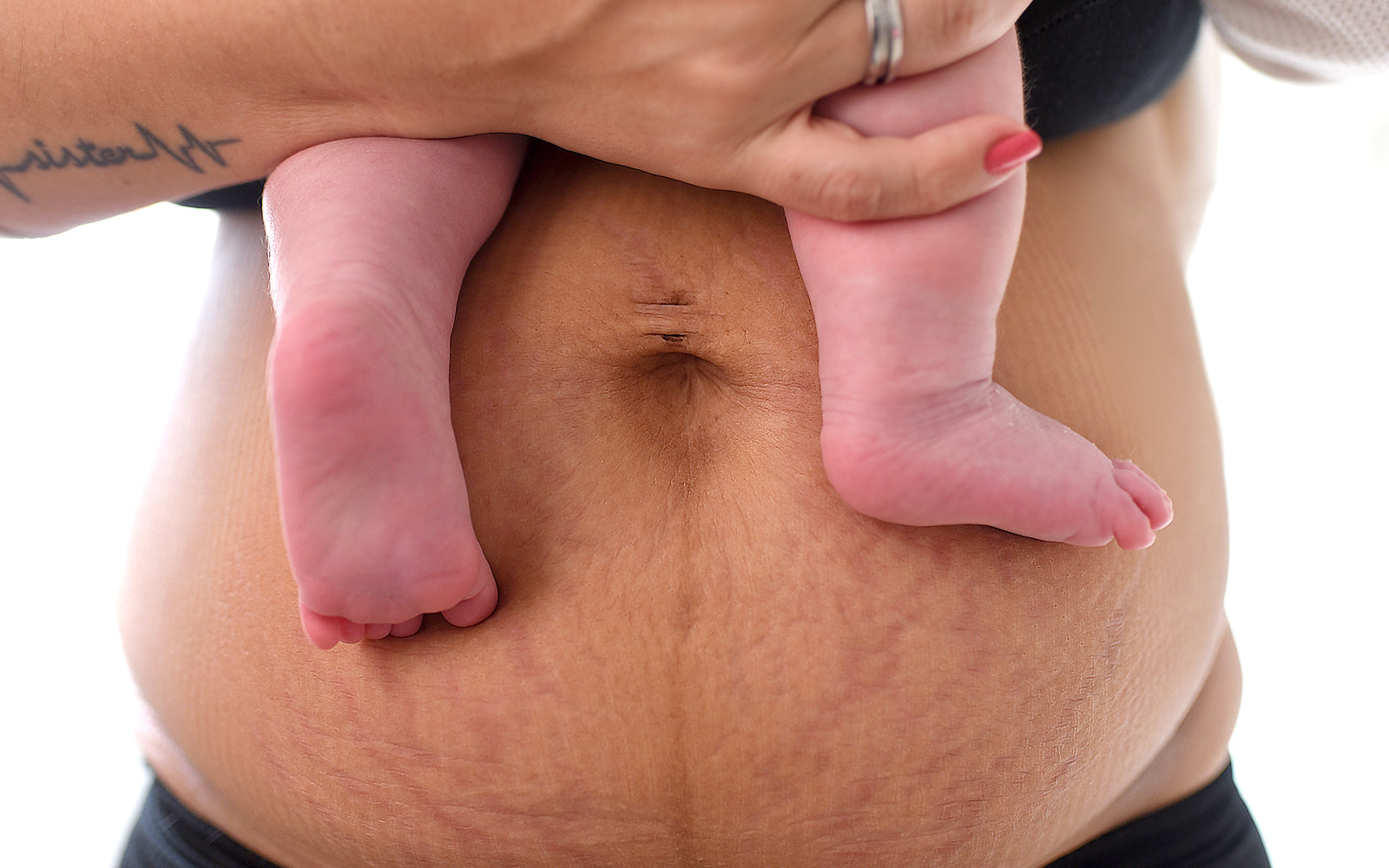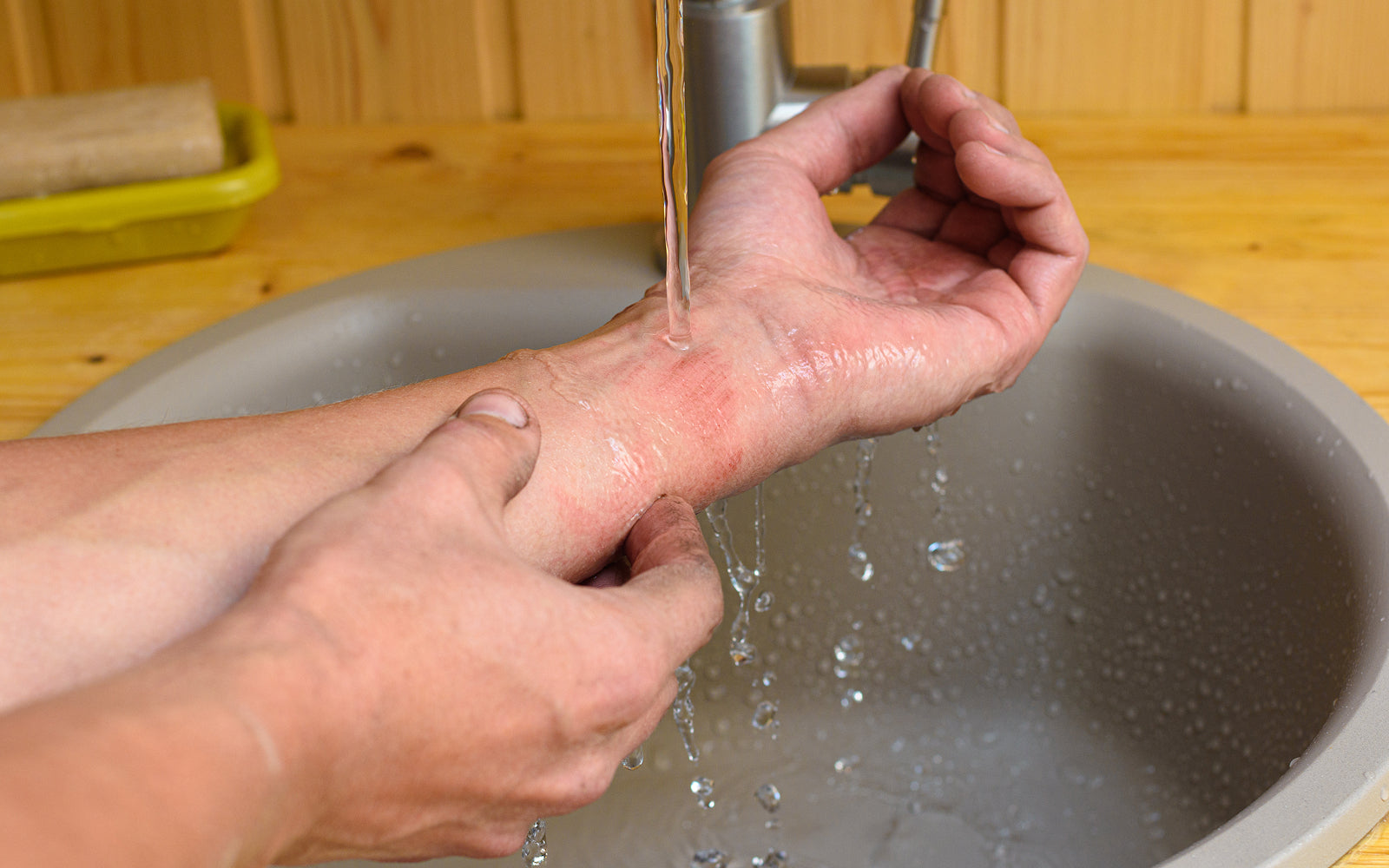
Navigating Postpartum Feelings and Emotions After Birth
Having a child is life-changing in so many ways, including some very significant physical and emotional changes for the person giving birth. Even though the stages may be the same for every person who gives birth, not everyone will experience those stages in the same ways. In general, here’s what to expect postpartum.
Postpartum Stages & What to Expect
Your postpartum experience begins immediately after childbirth. Healthcare providers tend to view the patient’s postpartum experience as the following three stages:
- Acute phase of postpartum
In the first 6 to 12 hours after you give birth, your care will include continued monitoring as your healthcare team watches for any signs of excessive bleeding, drops or spikes in heart rate and blood pressure, or any other potential medical emergencies. Your role here is to simply rest and recover as you start to get to know your newborn.
- Subacute phase of postpartum
This postpartum phase typically begins around 24 hours after birth or when you leave the hospital and continues for anywhere from 2 to 6 weeks. Your healthcare provider will be checking for any potential heart or urinary problems as well as be on the lookout for signs of postpartum depression. So, make sure you and your partner understand what physical and emotional signs to look for that should trigger a call to your doctor.
- Delayed phase of postpartum
From about 6 weeks to 6 months or more after giving birth, you and your healthcare team will still be on the lookout for any physical or emotional problems. During this time, your body is returning to its pre-pregnancy state. The body has an incredible capacity to recover and you should be feeling your muscle tone improve, especially in your main muscles used for delivery. In both this and the subacute stage, check with your doctor to see what level of activity is safe for you to return to.
Postpartum physical symptoms
When you think about all the changes your body went through during pregnancy, it’s no surprise that your body will go through more changes as you recover in order to get back to its pre-pregnancy state. The most common physical symptoms after childbirth include:
- Soreness – You may have pain in your abdomen, around your surgical scar (for C-section) or in the perineum (space between your vagina and anus) if you had a vaginal delivery, that can last from several days to weeks. For no-touch pain relief (no need to rub in), you can use Dermoplast® Postpartum Spray to relieve pain, cool and comfort the area.
- Uterine pains – As your uterus shrinks back to its normal size, you may feel strong cramps that can be intense, especially in the first few days after childbirth. Be aware the pain can feel more severe during breastfeeding.
- Vaginal discharge – You may experience some vaginal bleeding even if you had a C-section. Your doctor or nurse will explain what to expect. Bleeding and spotty bleeding can occur up to six weeks after birth.
- Constipation – After everything your lower body has been through, it can be normal to have trouble pooping. An epidural can result in slowing your bowels, which can lead to constipation. If you had tears during delivery, the remaining pain can make you hesitant to poop as well. If you have any problems, ask your doctor if you should use stool softeners. Many will recommend them before you even leave the hospital.
- Swollen and painful breasts – Your breasts may be swollen and painful whether you breastfeed or bottle feed. If you are breastfeeding, the swelling may last longer and you may end up with nipple pain as well. Don’t be afraid to use a lactation consultant to help with cracked nipples or pain.
- Unusual sweating – Due to hormonal shifts after birth, you can experience sweating at times for no apparent reason and may have night sweats during sleep as well.
- Hair loss – Another symptom of hormonal shifts, as they try and go back to pre-pregnancy levels, is hair loss. This should get better as weeks pass; however, if your hair loss is severe, you may want to let your doctor know.
Postpartum emotional symptoms
With hormonal changes happening and a likely lack of solid sleep, your emotions could be all over the place. And if you’re a new parent, a new type of anxiety might be in the mix since you are now responsible for this tiny baby.
It’s normal for your moods to shift and even to feel sad and cry when you feel like you should be happy. In fact, most women report feelings of sadness or teariness after giving birth. The important thing is to know the difference between these common “baby blues” and postpartum depression.
Both with baby blues and postpartum depression the following symptoms are common but vary in intensity and how long they last, including:
- Sadness, crying and mood swings
- Anxiety, irritability
- Problems sleeping
- Changes in appetite
- Forgetfulness, difficulty focusing
- Lower energy levels
With baby blues, the symptoms usually start within a few days after childbirth and last a few days to two or three weeks. With postpartum depression, the above symptoms tend to be more severe and last longer, usually for weeks or even months. In addition, postpartum depression can make you:
- Feel angry, guilty or worthless
- Lose interest in daily activities or things you enjoy
- Withdraw from family and friends
- Think of harming the baby or yourself
Know that you can’t just “snap out of it.” Postpartum depression is a serious condition that requires therapeutic help or medical attention.
What to Do If You Suspect Postpartum Depression
If you have symptoms of postpartum depression, tell your partner, your family or a trusted friend and call your doctor or other healthcare provider. If you are in danger of hurting yourself or your baby, call 911 or your local emergency services line.
Support from family and friends is very important. It’s even better if you and your support team learn about postpartum depression before you have your baby. That way, you will have help in spotting the signs and symptoms, so you can get help early before symptoms intensify.
Postpartum depression resources:
- National Maternal Mental Health Hotline: Text or call 1-833-TLC-MAMA (1-833-852-6262) at any time of day or night.
- Postpartum Support International HelpLine (available 8 a.m. to 11 p.m. EST): Text or call 800-944-4773. (Text in Spanish: 971-203-7773)
- Maternal & New Parent Health section of the National Alliance on Mental Illness (NAMI) website.
- National Child & Maternal Health Education Program website


